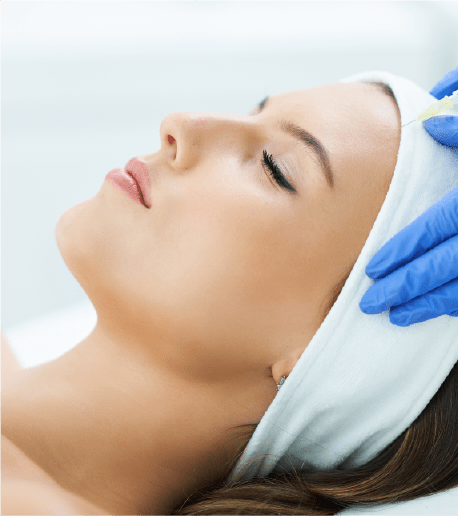Sleep Apnoea Management
What is sleep apnoea?
Sleep apnoea is one of the most common sleep disorders, affecting up to 38% of Australians. Sleep apnoea occurs when your airways narrow during sleep which causes interruptions to your normal sleep pattern. It can often cause you to briefly stop breathing and, in severe cases, wake up with a loud snore or grunt.
It’s normal for people to not remember these brief episodes during the night, but it can still take a serious toll on your sleep. People with sleep apnoea often wake up feeling groggy and get increasingly sleepy during the day. Sleep apnoea can have other negative impacts on your overall health including:
- Hypertension
- Stroke
- Heart problems
- Diabetes
- Depression
- Headaches
- Oral health issues
Typical causes and symptoms
of sleep apnoea
There are multiple types of sleep apnoea but the most common is Obstructive Sleep Apnoea (OSA). This is caused by your tongue collapsing against your soft palate during sleep. This compresses your airways and causes interruptions to your sleep. It can be a dangerous condition, as it can go undiagnosed for years.
Here are some symptoms to watch out for:
- Excessive daytime sleepiness
- Loud snoring
- Insomnia
- Interruptions to your sleep in which you stop breathing (usually reported by another person)
- Gasping for air during sleep
- Waking up with a dry mouth
- Waking up with a headache
- Difficulty paying attention when awake
- Irritability during the day
- Not feeling refreshed on waking
Sleep apnoea dentist Bella Vista
How is sleep apnoea diagnosed and treated?
Sleep apnoea is usually diagnosed with a sleep test. These can be done in hospital or at home, under the guidance of a sleep physician. Your physician can read the results and give you an accurate diagnosis.
When left untreated sleep apnoea can negatively impact on your life and health. Luckily, there are plenty of treatment options available. The first step in treating sleep apnoea is with lifestyle changes. Sleep apnoea is sometimes caused by weight gain and/or smoking. These are preventable risk factors that you should aim to change. By quitting smoking, losing weight and living a healthier life you may be able to manage your sleep apnoea.

Dental treatment options for sleep apnoea
If you have a case of mild sleep apnoea be referred to a dentist treatment- that’s where Lexington Dental comes in. We offer treatments to sleep apnoea patients to enhance their sleep and improve their health.
Mandibular advancement splint (SomnoMed)
Your sleep physician may refer you to a dentist for a mandibular advancement splint. This is a custom-made mouth splint which can treat mild forms of sleep apnoea. The device looks similar to a mouthguard but is designed to be worn during sleep. It keeps your jaw in an optimal position whilst you sleep, reducing the risk of narrowing airways. This device can protect your oral health and give you a restful night’s sleep.
CPAP machine
More severe cases of sleep apnoea may require a continuous positive airway pressure (CPAP) machine. It is a small machine with an attached mask which is worn during sleep. It increases the air pressure in your throat to keep your jaw in a better position. This keeps your airways open to receive a continuous steady flow of oxygen. We do not provide these machines at Lexington Dental but can assist you in sourcing one.